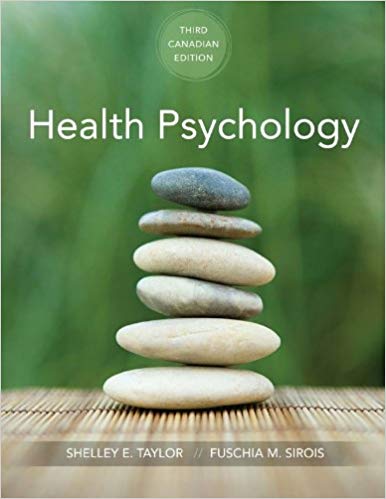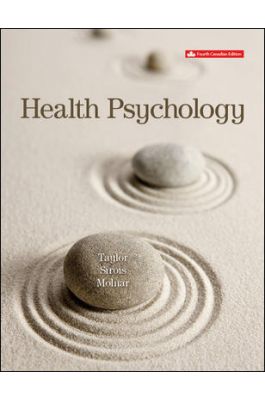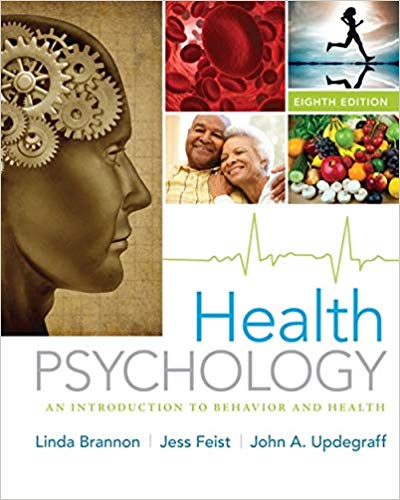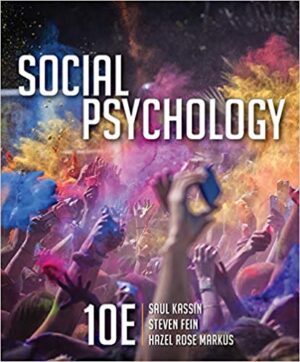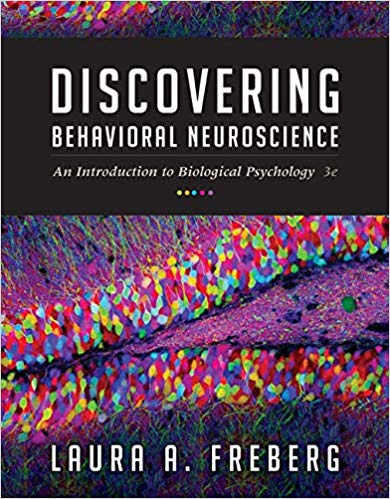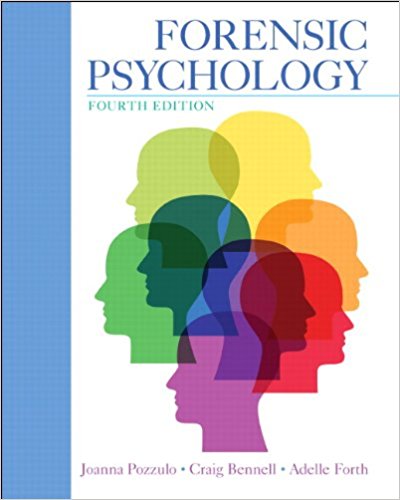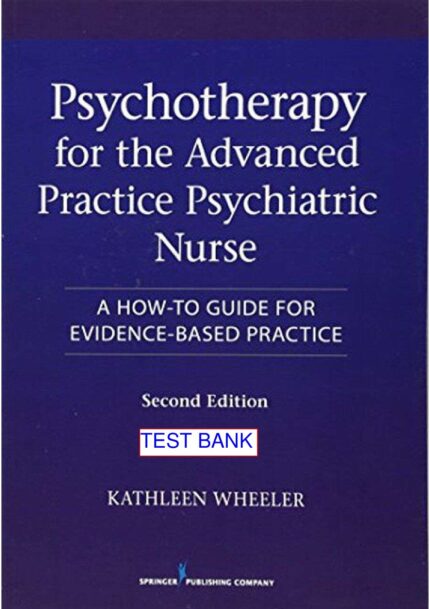Health Psychology 3rd Canadian Edition By Shelley E Taylor Distinguished Professor – Test Bank
1. The 1948 World Health Organization’s definition of health is analogous to a state of wellness.
True False
2. Early cultures took a dualistic approach to the mind and the body.
True False
3. The ancient Greeks believed in a humoral theory of illness.
True False
4. In conversion hysteria, the patient converts psychological conflict into a symptom which then relieves the
patient of anxiety.
True False
5. The biomedical model emphasizes both health and illness.
True False
6. The biopsychosocial model emphasizes the importance of an effective patient-practitioner
relationship.
True False
7. The most important factor giving rise to health psychology has been the expansion of health care
services.
True False
8. Morbidity may be expressed in two ways: as the number of new cases or as the total number of existing
cases of an illness.
True False
9. Although health psychologists have been employed in health settings for many years, they have difficulty
establishing their credibility with physicians and other health care professionals.
True False
10. Public health researchers inform policymakers about changes that would benefit communities.
True False

